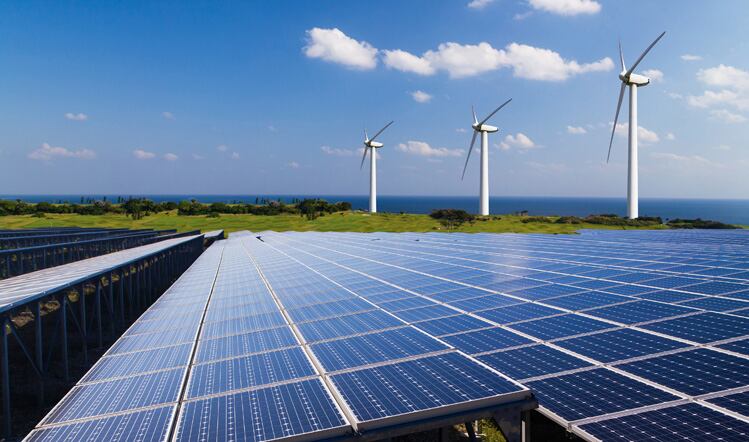As we get closer and closer to net zero emission targets, it is critical that all industries tackle the challenge in any way possible, said Supply Pilot chief executive James Butcher.
The biggest challenge is the lack of reporting of Scope 3 emissions by suppliers, he explained.
“Many parts of the supply chain don’t measure data or impact, so have little to no idea where their product’s emissions coming from, what the impact source is and what its true carbon footprint looks like. However, retailers hold the cards in this situation, and the key is for them to leverage their impact and influence on the supply chain to make a difference.
“If – as is the case with many suppliers – they don’t have the data to work from or the carbon literacy to understand what it means for their business, the key then becomes understanding the supplier’s readiness and tailoring the approach around that.”
Retailer led
Much of the work surrounding emissions in the supply chain would be led by retailers, Butcher suggested.
“Manufacturers are influenced by their key relationships with retailers and brands as well as by regulatory oversight, so it falls to retailers and the government to invest in the tools and knowledge to implement and collaborate in a way that trickles down throughout the supply chain,” he continued.
Butcher suggested some quick wins to help reducing emissions. While they won’t feel like much now – akin to ‘turning up to a gunfight with a pea shooter’ – these small actions soon add up to a greater whole.
He suggested greater collaboration between suppliers and retailers on in areas such as making full use of containers to prevent empty running, the locations of warehouses and the possible role of electric vehicles.
Trains over road haulage
“There are also conversations to be had around increasing the use of trains to minimise road and air travel, charging points at haulage rest stops, and packaging design that can go from pallet to shelf without wasted air – all can make a difference, but the conversations need to be started,” Butcher added.
“Retailers too can learn from their own development strategies. By having a better idea of how to talk to suppliers about sustainability, they can identify how they determine success and what they measure already.”
In order to start addressing the environmental impact of your business, Butcher reiterated the need to create an accurate inventory of your Scope 3 emissions as a baseline. From there, you can set a target that is measured using quantifiable data and check your sourcing policies against your methodology for improving.
“The important thing to realise is that you are not alone in this journey – many other businesses will have ambitious targets for climate impact reduction, so learn from them and the challenges they have faced,” he concluded.





